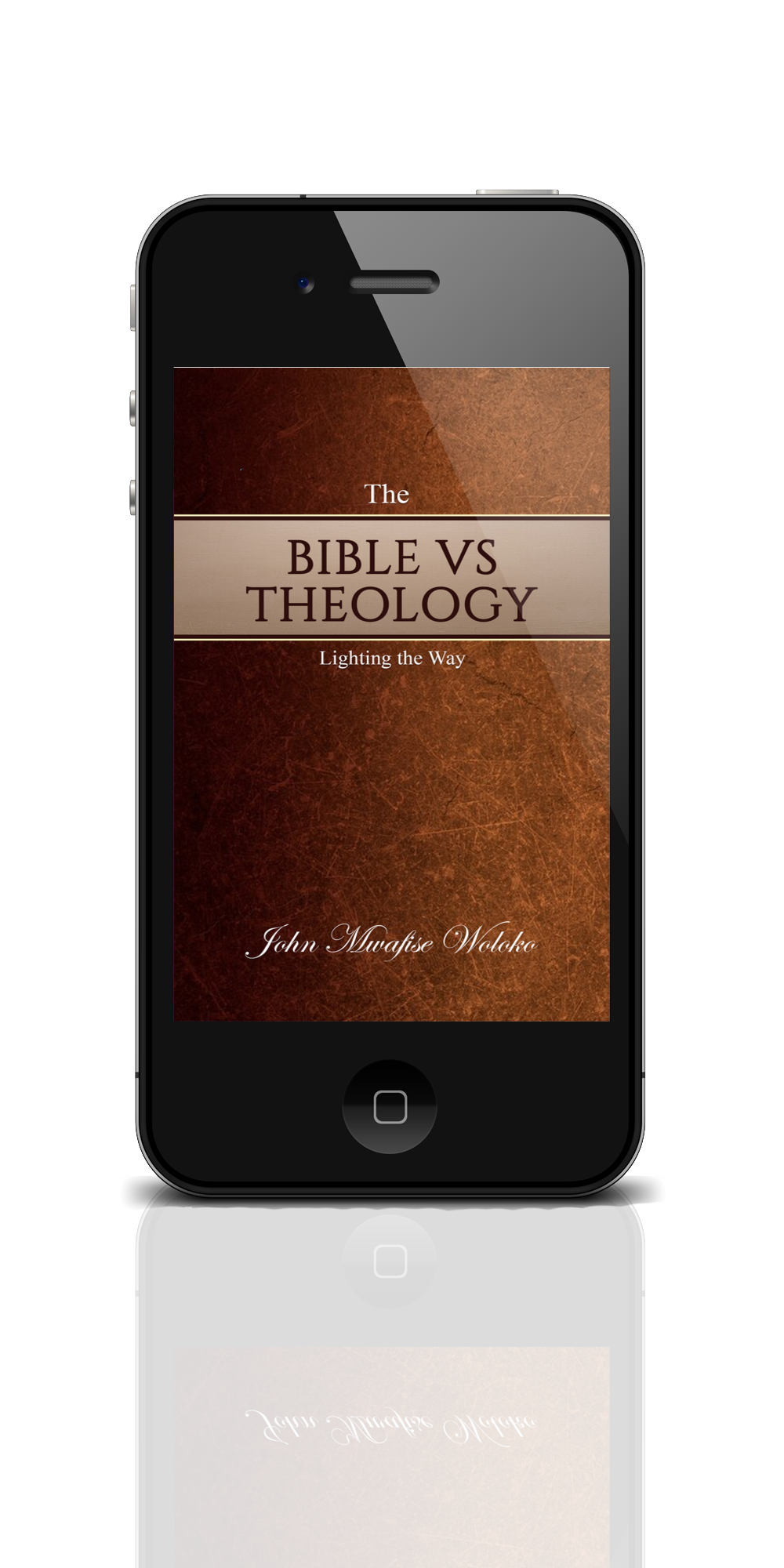What if your understanding of theology is flawed?
A group of Jehovah’s Witness evangelists paid me a visit in 2012. Despite my reluctance, they were determined to engage me in a biblical conversation about some aspects of the Christian faith. Our discussion primarily revolved around Jesus’ divinity. I wasted no time in affirming that Jesus is indeed God. They were firm in their belief that the Bible does not say so. One asked me the question Muslims and Atheists frequently ask Christians: “Can you show me where the Bible says Jesus is God?” At that time, I didn’t have sufficient knowledge to respond, but I knew that the Book of John provides ample evidence of Jesus’ divinity. Our argument went back and forth after I presented a couple of verses, eventually leading to a fatal disagreement before we parted ways.
One argument in that discussion caught my attention. According to them, the Bible identifies Jesus as the Son of God, but never directly refers to him as God. Their belief is that He is the Son of God, not God Himself. I presented John 10:30 to them, where Jesus declares, “I and my Father are one,” and the subsequent verses where the Pharisees attempted to stone Him for asserting equality with the Father. But they did not agree with it.
Most disagreements among Christians arise from varying theological approaches. Although theology is important for understanding the Bible, its role and purpose have often been misunderstood. The role of theology is to offer additional insight into biblical claims. Theology contributes to enhance our understanding of Scripture by providing extra pieces of evidence, not a new revelation. Those who haven’t grasped the role of theology prioritize their own man-made theological ideas over Scriptures. Their focus shifts to defending their school of thought rather than spreading the Gospel and accurately interpreting the Word of Truth.
Here are two significant roles of theology that emerged from my discussion with the Jehovah’s Witnesses.
The Bible is a book that holds God’s Word and revelations for humans. Theology is the method by which we seek and reason about God, His Word, and His will for humankind, organizing information and gathering evidence to understand Him better. The content of the Bible is God’s Word, not theology. The Word of God in the Bible possesses the power to change lives, not theology. Theology only seeks to shed more light on biblical revelations by bringing in additional evidence and information. Furthermore, theology plays that role only when the Bible permits it.
Failing to grasp this will undoubtedly result in elevating your theology above the content of the Bible. That’s exactly what those Jehovah’s Witness evangelists were doing. Had they prioritized the Word of God, their theology would have thoroughly analyzed Bible verses that exalt Jesus to the status of God. From that exercise, they would have used reason to conclude that Jesus is indeed God.
Second, the role of theology is not to replace the Bible, but to complement it. The existence of genuine theology depends on the Bible’s content. The Bible’s content prompts genuine theological reflections and leads Christians into theological exploration. If theology exists independently of the Bible’s content, it lacks the Holy Spirit’s backing.
Most Christian groups claim their theological beliefs are based on the Bible, but that’s not true. Their theological frameworks originate from human thinking. What do I mean? Instead of starting with the Bible and moving towards theological reflections, they start with man-made doctrines and move towards the Bible.
How did the Jehovah’s Witness evangelists conclude Jesus is not God, despite evidence in the Bible and history suggesting otherwise? While they may argue they did a genuine biblical analysis, their beliefs are rooted in man-made doctrines promoted by the Watch Tower Society. It is contradictory to reject the outcome of a logical examination of Bible verses in their appropriate contexts that proves Jesus’ divinity and the reality of eternal punishment in hell, while still asserting the Bible as the basis for your theology. Hence, they revised and published their own Bible to align with their man-made convictions.
When people misuse and prioritize theology over Scripture, that is the result. Those individuals often feel the need to defend the beliefs of their school of thought. Ultimately, each person follows their own path. As a result, various denominations and Christian movements emerged, each promoting conflicting theologies. This is a tactic Satan employs to sow confusion among believers and hinder the effectiveness of the Gospel.
If you are interested in discovering more roles theology plays in complementing the Bible, I recommend this research work, The Bible Vs Theology. Give a gift to someone and spread the Word within your family and community. Some funds raised from sales help orphanages and social innovation projects in rural areas. Discover more about The Bible Vs Theology on my blog (jmwoloko.treff-end.com) or by following me on social media, YouTube, Facebook, and Twitter.
Remain Blessed!

Rebecca says:
informative article